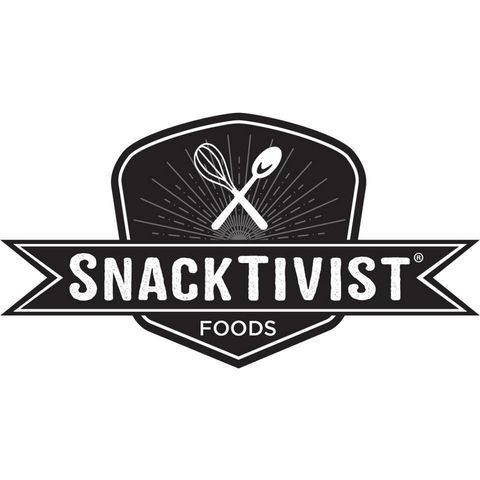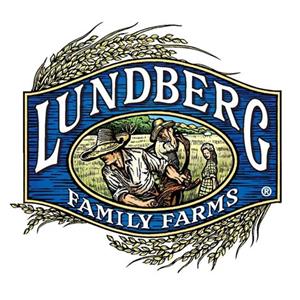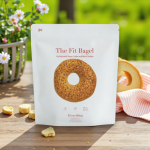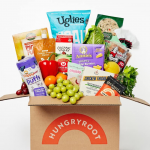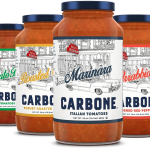Expo West: CPGs Secure USDA Supply Chain Funds
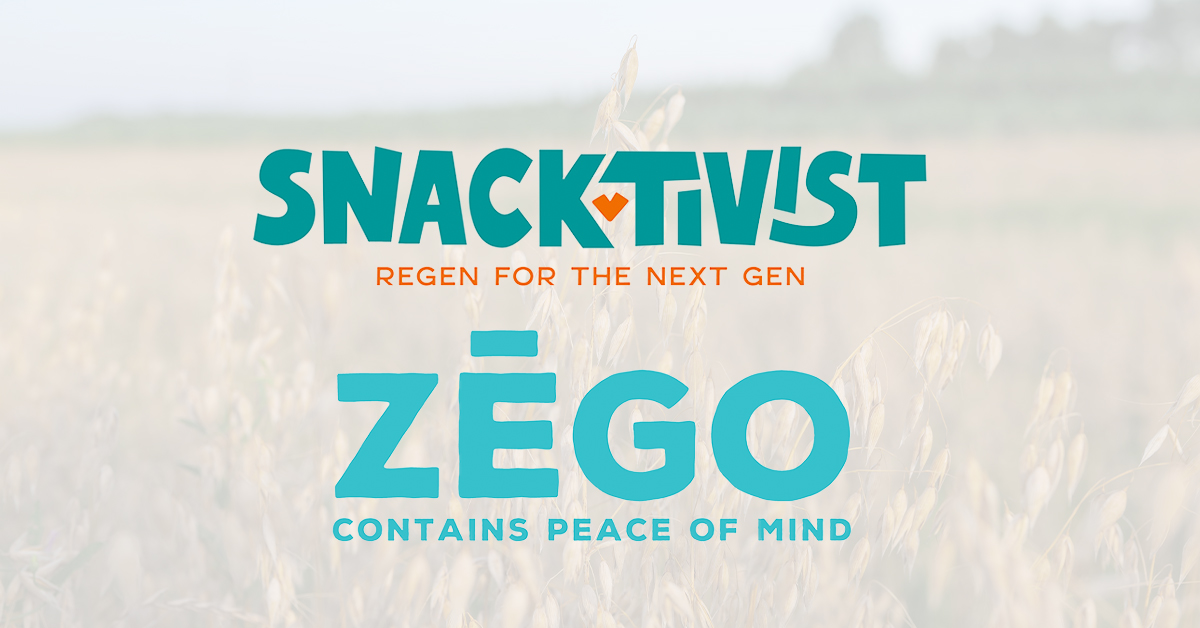
A trade show with over 70,000 attendees naturally creates plenty of buzz, and mid-way through Natural Products Expo West, the U.S. Department of Agriculture gave a handful of companies even more to be excited about.
On Thursday during the show, the USDA announced it had allocated $40.5 million from its Organic Market Development Grant program, launched in 2022, to support the development of new and existing organic markets.
“This round of awards through the Organic Market Development Grant program will address critical needs within the nation’s growing organic industry – funding projects that further our goals of creating and expanding markets for producers,” said Under Secretary of Marketing and Regulatory Programs Jenny Lester Moffitt, in a press release. “The program is a key component of USDA’s Organic Transition Initiative and will increase value added agricultural opportunities for organic producers in rural America.”
While the bulk of 60 grantees were those growing and processing produce, dairy, nuts, grains and legumes, among other agricultural inputs, a handful of vertically-integrated CPG companies were among the recipients. Zego Oats and Snacktivist Foods, 12 Tides, Lundberg Farms, Little Sesame, and Gruff/Cream of the West all received support to strengthen their supply chains, expand access to organic foods and scale their businesses by increasing processing and production capacity.
For Zego and Snacktivist, the $3 million grant marks the start of a joint venture known as CIVC (Collaborative Integrated Value Chain) and will significantly transform how the two companies do business. With the new funds, the now-sister companies will expand access to organic gluten free grain via increased processing and by reaching into new sales channels. In the coming months, the duo will also purchase a processing facility in Montana with separate investor capital to support those efforts. Zego had been the facility’s largest customer, and when the farmer-operator decided to retire, Colleen Kavanagh, Zego’s founder and CEO, jumped at the opportunity to own the plant herself.
“The problem is that farmers aren’t getting paid enough [and] they don’t have a good place to sell their value-added products if they’re small. The brands who would be the ones to buy them can’t get access, but also the co-packing fees [for processing] are high, so they can’t succeed on-shelf,” Kavanagh explained.
By purchasing the facility, Kavanagh, alongside Snacktivist founder and CEO Joni Kindwall-Moore, aims to solve that critical pain point. Reminder: Snacktivist recently sidelined its CPG business in favor of brokering clean-conventional, regeneratively-grown ingredients.
Together, they will operate the plant on a “limited profit model” meaning all profits are redistributed from the farmer, to employees, and, to the brands, Kindwall-Moore said. This eliminates the “margin drain” of co-packing fees that are often the cause of death for many small companies; Kavanagh explained, “the facility is a utility.”
The team will source and process oats from Montana and the surrounding oat-producing region. Kavanagh emphasized that they aren’t looking to substantially grow the facility, but believe they can increase capacity from 1 million pounds this year to 12 million pounds by 2027; they are also looking to help others replicate the model and support regional growers and processors of other underutilized commodity ingredients.
All of the products and inputs coming out of the facility will also carry purity verification. That means they will have been tested for heavy metals, glyphosate residue, allergens and other contaminants, and carry that data and lab results from point of testing to a QR code on-pack, orchestrated by Kindwall-Moore’s new tech platform Viison.
In addition to Zego and Snacktivist, legacy rice producer Lundberg Farms was also generating some buzz about its new funds while showing off its latest packaging iteration on the show floor. The company, which recently became the largest Regenerative Organic Certified CPG business with over 70 verified products, introduced a new package design that puts its regenerative claims front and center.
According to Brita Lundberg, the company’s communications manager, Lundberg plans to use its $3 million grant to invest in producing, processing and marketing efforts around organic rice. The company hopes to expand organic rice production with 3,000 new acres and increase domestic regenerative organic rice sales by $17 million. Currently, less than 1% of rice produced in the U.S. is organic, but demand and imports of organic rice continue to rise.
Kelp-based puffed chip company 12 Tides is also planning similar expansions and looks to utilize its $600,000 in funding to make regenerative kelp farming a “viable industry” for coastal communities. The first of these efforts includes scaling up processing capacity and production in the U.S., as currently 95% of all seaweed consumed in the U.S. is imported from Asia.
By growing its output capacity, 12 Tides will be able to support a national launch for its 3-SKU line of kelp chips, add 27 new organic farms to its supply chain, employ a staff of 144 and support 275 kelp farmers in the U.S.



